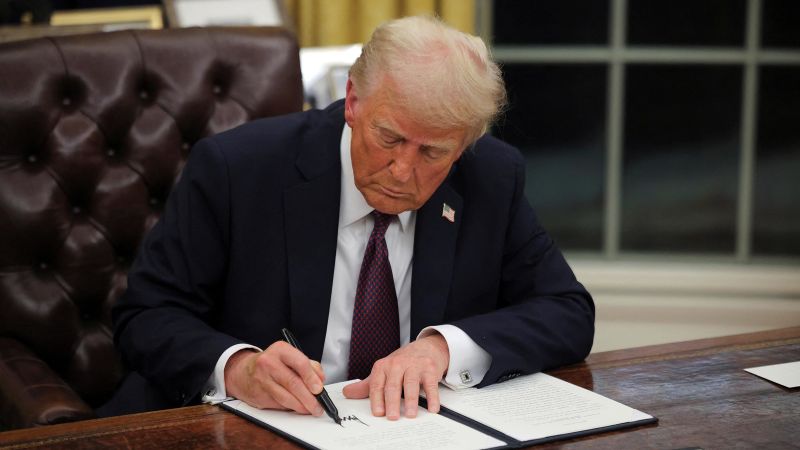Constitutional Showdown: Federal Judge Poised to Halt Trump's Birthright Citizenship Crackdown

In a decisive blow to the Trump administration's immigration policy, a federal judge has firmly rejected the president's attempt to end birthright citizenship, calling the executive order "blatantly unconstitutional." The ruling delivers a significant legal setback to one of President Trump's most controversial immigration proposals.
The judge's temporary restraining order effectively blocks the implementation of the executive order, which sought to dramatically alter the long-standing interpretation of the 14th Amendment. By issuing this order, the court has reaffirmed the constitutional protection that grants citizenship to all individuals born on U.S. soil, regardless of their parents' immigration status.
This landmark decision underscores the judicial system's role in protecting constitutional rights and serves as a powerful reminder of the checks and balances inherent in the American legal framework. The ruling sends a clear message that executive actions cannot unilaterally override fundamental constitutional principles.

